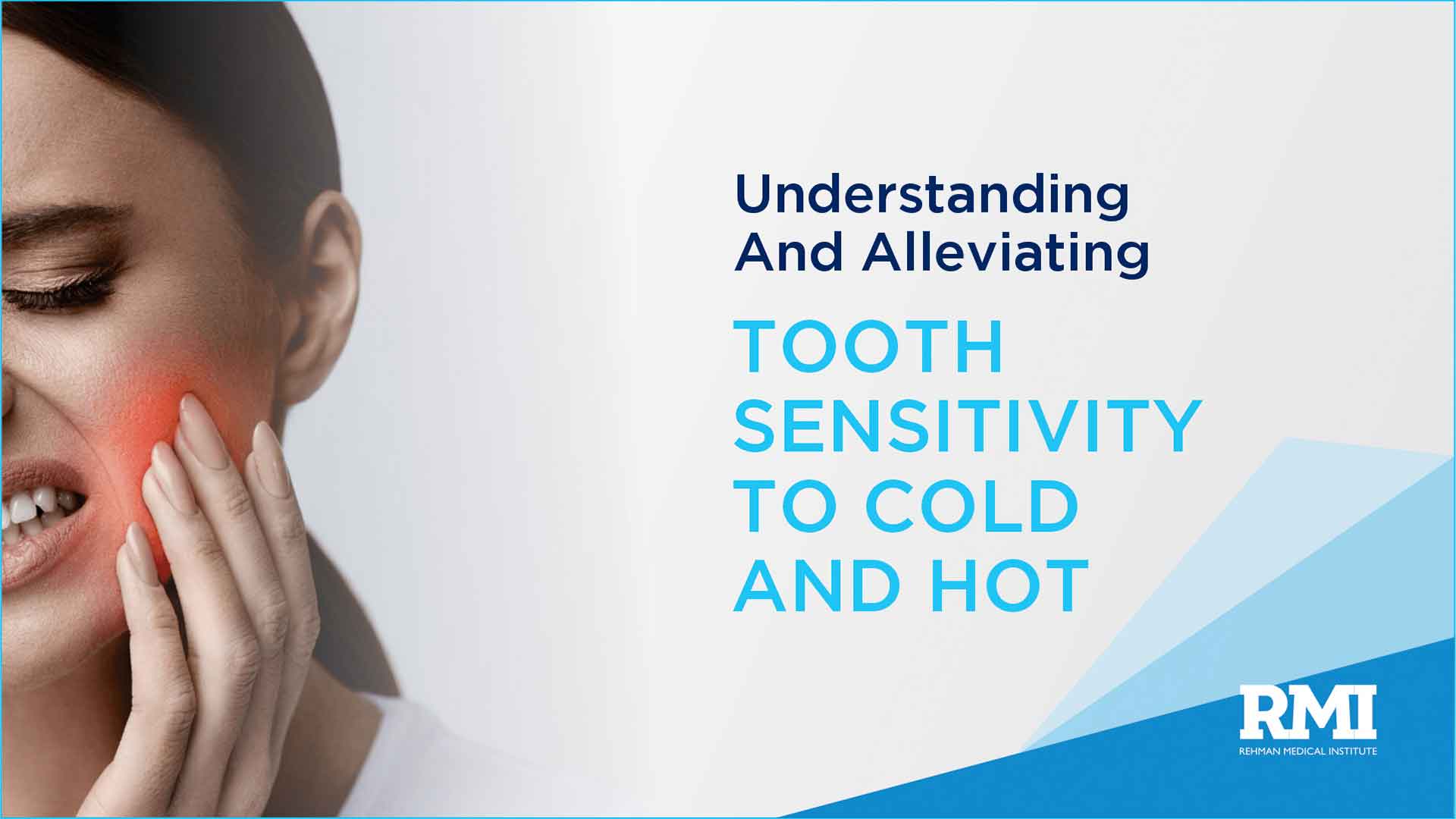Are you wincing every time you indulge in your favorite hot beverage or savor an ice-cold treat? If your teeth are sending shockwaves of discomfort, you’re not alone. Tooth sensitivity to hot and cold temperatures is a common issue that can put a damper on daily life.
In this blog, we’ll delve into the reasons behind tooth sensitivity and share practical tips to help you find relief.
Why Are Your Teeth Sensitive?
Tooth sensitivity typically occurs when the protective enamel on your teeth wears down, exposing the sensitive layer beneath – the dentin. This can happen due to various reasons, including aggressive brushing, acidic foods, and dental issues like cavities or gum recession.
Temperature Triggers: Hot and Cold Aggravators
Hot and cold foods and beverages can exacerbate tooth sensitivity, causing sharp, fleeting pain. Understanding these triggers is crucial in managing sensitivity and preventing further enamel erosion.
Overzealous Brushing:
Brushing your teeth vigorously may seem like a good practice, but it can lead to enamel abrasion and gum recession, making your teeth more susceptible to sensitivity. Opt for a soft-bristled toothbrush and a gentle brushing technique to safeguard your enamel.
Acidic Foods
Acidic foods and drinks, such as citrus fruits and sodas, can erode tooth enamel over time. Limiting the consumption of acidic items and rinsing your mouth with water after indulging can help mitigate the risk of sensitivity.
Dental Issues
Cavities, cracks, and gum diseases can expose the dentin and contribute to tooth sensitivity. Regular dental check-ups are essential to detect and address these issues before they escalate.
Bruxism: The Clenching Conundrum
Grinding or clenching your teeth, especially during sleep, can wear down enamel and lead to sensitivity. A custom night guard prescribed by your dentist can provide a protective barrier and alleviate the impact of bruxism.
Tips for Alleviation
Desensitizing Toothpaste: Consider using a desensitizing toothpaste containing compounds like potassium nitrate or strontium chloride. These can help block pain signals to the nerves in your teeth.
Soft-Bristled Toothbrush: Opt for a toothbrush with soft bristles to minimize enamel abrasion. Brush gently, using circular or back-and-forth motions, and avoid scrubbing vigorously.
Limit Acidic Foods: Reduce the consumption of acidic foods and drinks. When indulging, drink water afterward to neutralize acids and maintain a healthy pH balance in your mouth.
Regular Dental Check-ups: Schedule regular dental check-ups to identify and address any underlying dental issues contributing to sensitivity. Early detection can prevent further complications.
Custom Night Guard: If you grind your teeth, consult your dentist about a custom night guard to protect your teeth from the damaging effects of bruxism.
Don’t let tooth sensitivity to hot and cold temperatures put a freeze on your enjoyment. By understanding the causes and implementing these practical tips, you can take steps towards a more comfortable and pain-free dental experience. Remember, maintaining good oral hygiene and seeking professional dental care are key components of a sensitivity-free smile. Take charge of your dental health and savor the joys of hot and cold without the unwanted discomfort.

